What is healthy aging?
In today’s environment, the vast majority of persons may anticipate living for many decades beyond retirement. One of the most significant demographic transitions in human history will occur by the middle of the century when the number of older adults is predicted to more than quadruple to 1.6 billion. While the world’s society should be happy that life expectancy has increased by 20 years on average since 1960, it has not been as successful in extending the number of healthy years. A person will typically live ten more years in medium or poor health, which will limit their capacity to completely enjoy life and increase their need for care and dependency.
Increasing life expectancy, preventing chronic illness, and reducing weakening as you age are all aspects of healthy aging. The easiest way to do this is to concentrate on the four pillars of physical, social, emotional, and cognitive wellness.
Key factors of healthy aging;
Physical health
- Exercise. Your health can be enhanced by moving more, under the direction of a medical professional or exercise physiologist. 20 minutes each day, or 150 minutes per week, is the target.
- Sleep. Those 50 to 60 years of age should get at least seven hours of sleep every night, according to research.
- Nutrition. A healthy diet is necessary for aging optimally. Seniors benefit particularly from the following nutrients:
- Protein. The recommended amount varies depending on your age, height, and weight but should make up between 10 and 35% of your daily caloric intake.
- Water. Dehydration can become more of a problem as we age because we become less mindful of our thirst.
- Vitamin D. The best source of vitamin D is sunlight, but it can also be found in fortified dairy products, and fatty fish like salmon, tuna, sardines, and other foods.
- Calcium. In later years of life, bone density is important, and calcium is needed to preserve it. Age and sex affect the daily calcium intake recommendations.
Emotional/Mental health
- Your whole health and quality of life depend on your mental wellness, often known as mental health. It has an impact on our decisions, actions, and interactions with others. Healthy aging depends on controlling social isolation, loneliness, stress, sadness, and mood through medical treatment and self-care.
Cognitive health
- As we become older, our cognition—our capacity for clear thinking, learning, and memory—often changes. Whilst some people encounter Alzheimer’s disease or other forms of dementia, many older adults report more subtle alterations in their memory and thought processes. According to research, eating well, exercising regularly, and picking up new skills can all support cognitive function in older persons.
- Do not Smoke. There is no better course of action for smokers to enhance their physical health than quitting. Smoking can hasten the natural aging process of your skin in addition to being the top cause of premature mortality.
Social health
- Social health is also a component of healthy aging. A key aspect of healthy aging is regular social interaction, and there are many methods to build on or maintain relationships with others and your community. Making friends and acquaintances is made easier by volunteering for a good cause, enrolling in a group class to acquire a new interest (like pottery or painting), or enrolling in an academic course. Joining a gym, church, reading club, or civic organization is another approach to developing your social network.
Why is healthy aging important?
The real value of good aging is found in helping older people live healthy, independent lives and promoting their overall well-being. To help older people stay well and receive the care they require if they become ill, it is essential to foster an atmosphere that supports them through vibrant social communities.
Living a better life from the start is even more advantageous, even though healthy aging is a concept to ensure an older person’s health and longevity. A type of active aging that ultimately helps older people more is actively considering how to preserve good physical and mental health throughout life.
Credit: WHO , Medlineplus , McKinsey health institute


